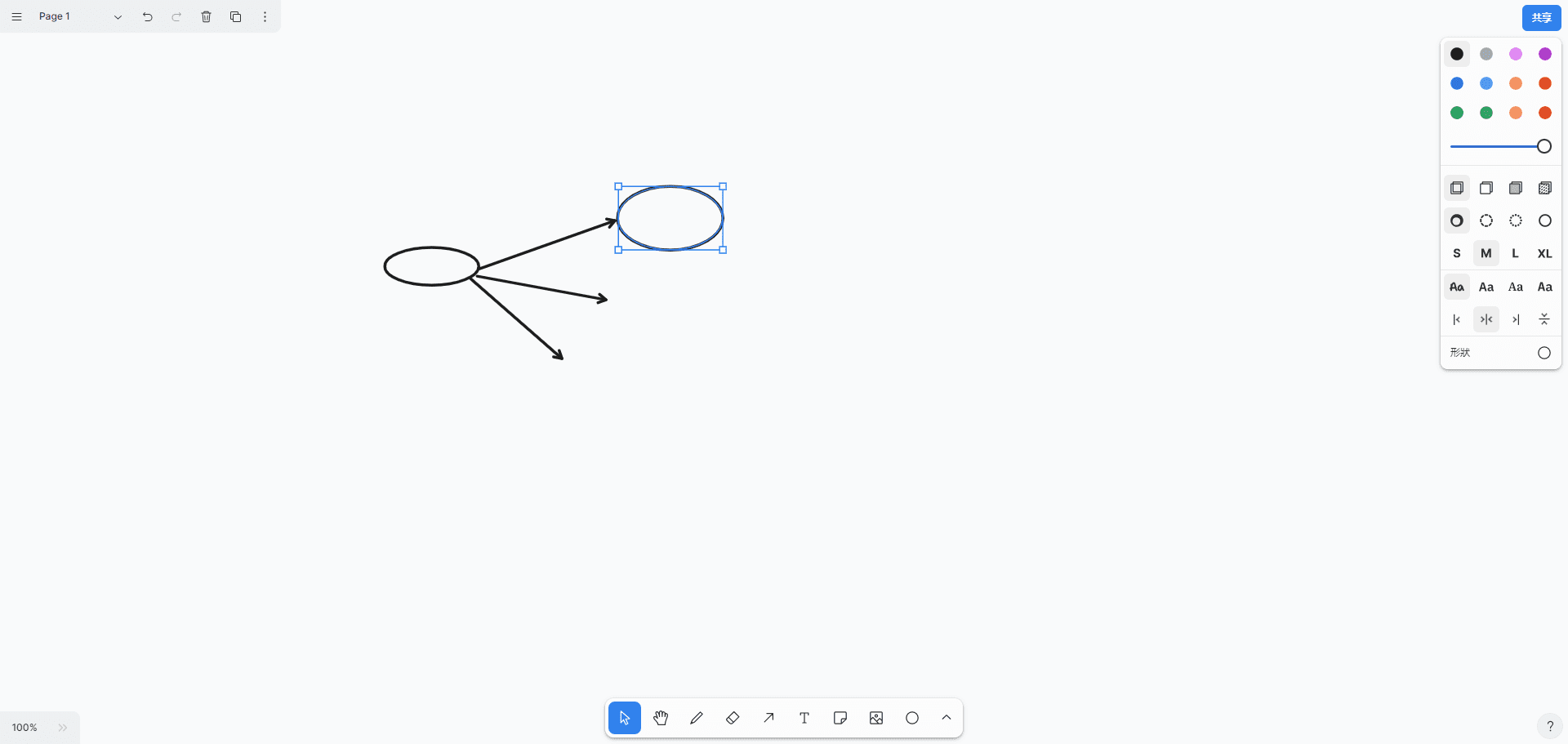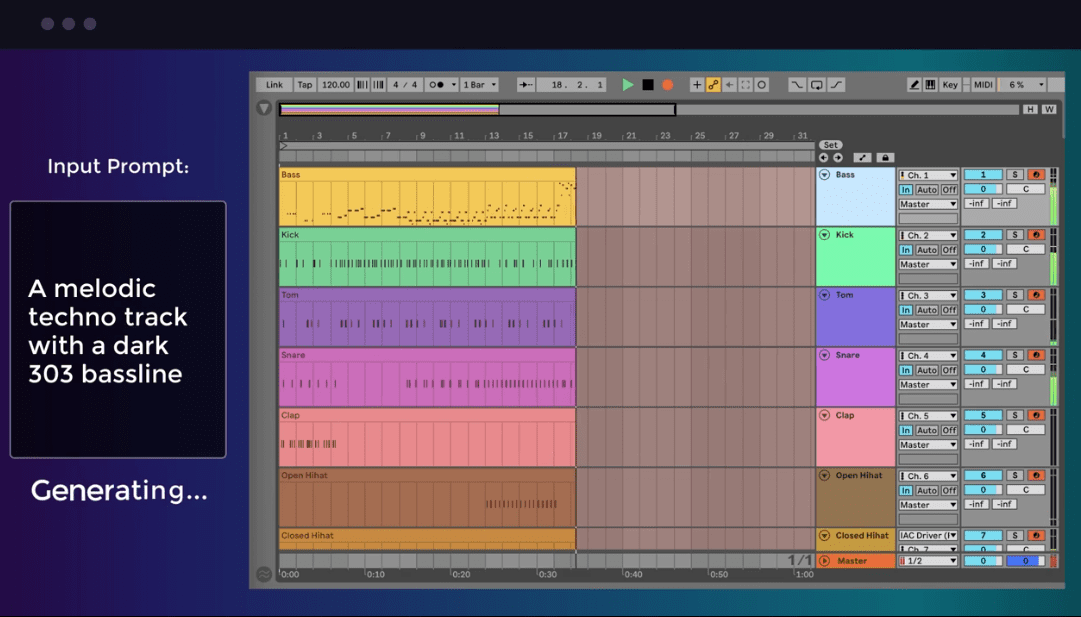CWM - Meta FAIR open source code world language model
What is CWM
CWM (Code World Model) is a 32-billion-parameter open source world language model released by Meta FAIR team, designed for code generation and reasoning. Introducing the concept of "world model", it can simulate the code execution process, predict variable state changes, detect potential errors in advance, and help build a "neural debugger".CWM can self-test, fix errors, generate test cases and try to fix the wrong code. CWM can self-test, repair errors, generate test cases and try to fix the wrong code. In the face of complex problems, it can reason and plan to generate and verify the code step by step. It supports long context input of 131k tokens, which improves the processing capability of complex projects. The training process includes three phases: pre-training, mid-training and post-training, and adopts asynchronous RL mechanism, distributed environment and bootstrap method to enhance generalization ability.CWM performs well on several code and reasoning tasks, such as scoring 65.8% on SWE-bench Verified, which is close to GPT-4 level.

CWM Functional Features
- Code execution simulation: CWM can simulate the code execution process line by line, predict how each line of code affects the state of variables, and determine potential errors in the execution in advance, which makes it possible to build a "neural debugger".
- Self-conditioning and repair: CWM can generate code, self-test and fix errors. Can automatically construct test cases after generating code, and use multiple modification paths to try to self-repair the code after it is found to have failed.
- Reasoning and planning skills: CWM is capable of reasoning and planning, and when faced with a complex problem, it can describe the analysis steps, plan the structure of the function according to the problem, and then generate and verify the code step by step in combination with the execution prediction.
- long context input: CWM support 131k tokens of long context inputs, dramatically expanding the ability to handle complex projects, multi-file code, and document contexts.
- Three-phase training process: The training of CWM consists of three phases: pre-training, mid-training and post-training, and uses an asynchronous RL mechanism, a distributed environment, and a bootstrap approach to improve the generalization ability of the model across multiple environments and tasks.
- Open source and community collaboration: Meta FAIR open-sources CWM's modeling code, training details, and weighting checkpoints at multiple stages, fostering community collaboration and innovation.
- Outstanding performance: CWM performs well on several code and reasoning tasks, e.g., scoring 65.81 TP3T on SWE-bench Verified, which is close to the GPT-4 level, and 68.61 TP3T on LiveCodeBench v5, which demonstrates accuracy on high-complexity programming tasks.
CWM's core strengths
- Simulating Code ExecutionIt can simulate code running line by line, predict variable state changes, detect potential errors in advance, and provide powerful support for code debugging.
- Self-conditioning and repair: Automatically construct test cases after generating code, try multiple modification paths for self-repair after finding errors, and improve code quality.
- Reasoning and planning skills: When faced with complex programming tasks, the ability to reason and plan, generate and verify code step-by-step, and improve the accuracy and efficiency of task completion.
- long context input: Supports up to 131k tokens of contextual input, significantly enhancing the ability to handle complex projects, multi-file code and document context.
- Three-phase training process: A three-phase training approach of pre-training, mid-training and post-training is used to enhance the generalization ability and adaptability of the model by combining asynchronous reinforcement learning (RL) mechanism and distributed environment.
- Multi-language expansion potential: Currently focusing on the Python language, it is expected to expand to other programming languages in the future to build a more general framework for automated programming assistants.
What is the official CWM website
- GitHub repository:: https://github.com/facebookresearch/cwm
- HuggingFace Model Library:: https://huggingface.co/facebook/cwm
- Technical Papers:: https://ai.meta.com/research/publications/cwm-an-open-weights-llm-for-research-on-code-generation-with-world-models/
Who CWM is for
- software developer: CWM can help developers quickly generate high-quality code, improve development efficiency and reduce debugging time, especially for developers who need to deal with complex projects and multi-file code.
- Data Scientist and Machine Learning Engineer: CWM can assist in the generation and optimization of code related to data processing, model construction, and training, enhancing productivity, especially in tasks that require code reasoning and planning.
- Programming Contest Participants: CWM's reasoning and planning capabilities enable it to provide solutions to complex problems in programming competitions, helping participants to quickly generate and verify code.
- Educators and students: CWM can be used as a teaching tool to help students better understand the code execution process and debugging techniques, providing educators with a rich teaching resource.
- Corporate Technical Team: CWM can be integrated into an organization's development process to help teams improve code quality and development efficiency for projects that require rapid iteration and deployment.
© Copyright notes
Article copyright AI Sharing Circle All, please do not reproduce without permission.
Related articles

No comments...




